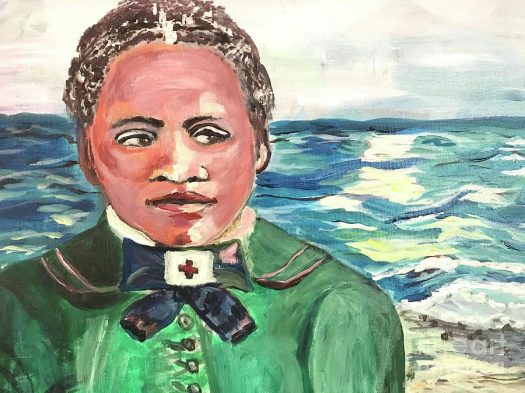As we continue to celebrate Black History Month, one of the highlights so far has been the February 2022 edition of Meet the Philanthropist, my virtual interview series with leading women philanthropists and leaders in philanthropy.

This time, I had the distinct pleasure of a discussion with Chief Program Officer of California’s Rosenberg Foundation, Kendra Fox-Davis. I was thrilled to speak to Kendra, who is returning to have this conversation as a bit of a follow-up from the WOC Symposium in November. Everything she shared was so inspiring, and I knew she was the perfect person with whom to explore, remember, and embrace for Black History Month, particularly in the realm of fundraising and philanthropy.
Read More









